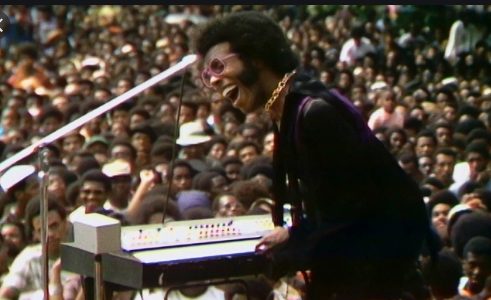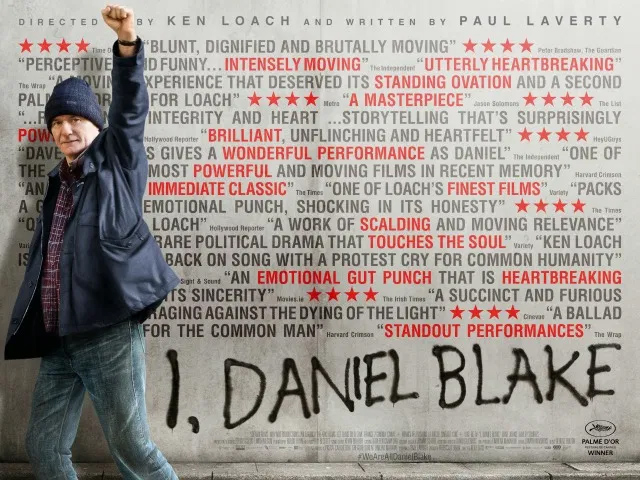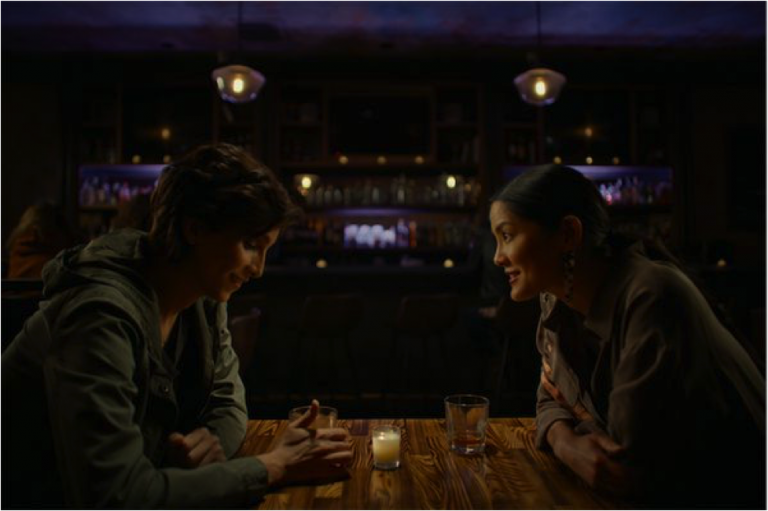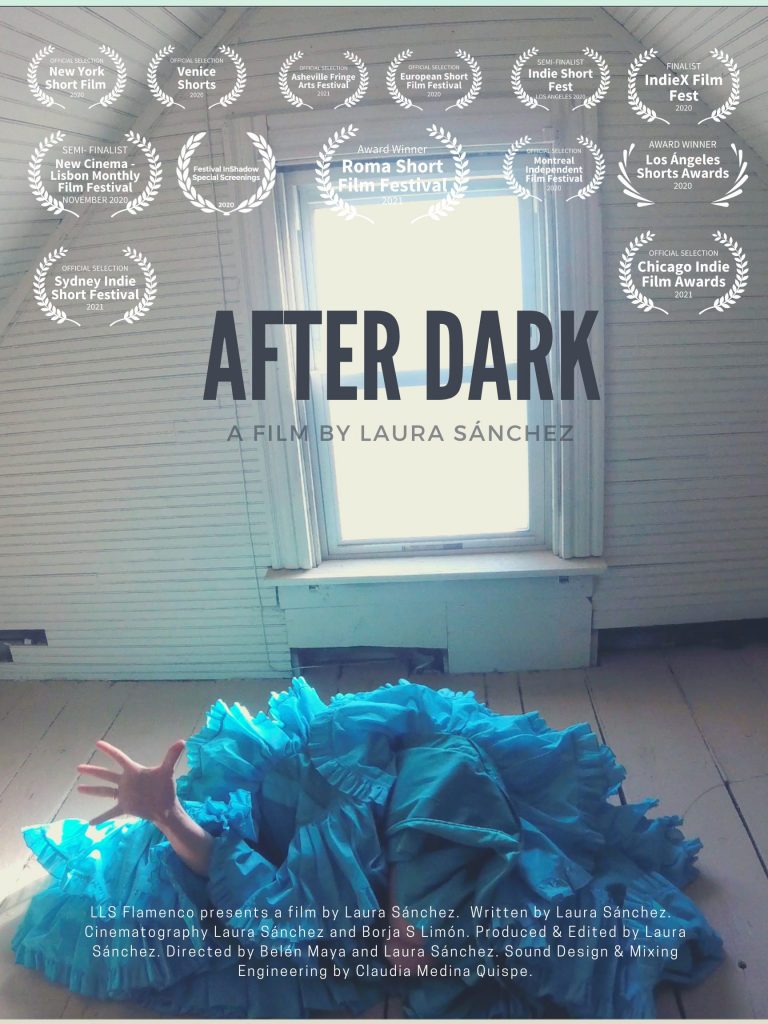20th Annual Tribeca Festival June 9-20
Senior Film Critic Kurt Brokaw reviews the 2021Tribeca Festival, which celebrates its 20th anniversary. He spotlights the Warner Bros. musical In the Heights and Michèle Stephenson’s Stateless, two movies tied to the Dominican Republic in two very different ways. He also reviews Coded, Ryan White’s short documentary about J. C. Leyendecker, and The Queen of Basketball, Ben Proudfoot’s documentary on basketball pioneer, Lusia Harris-Stewart.









